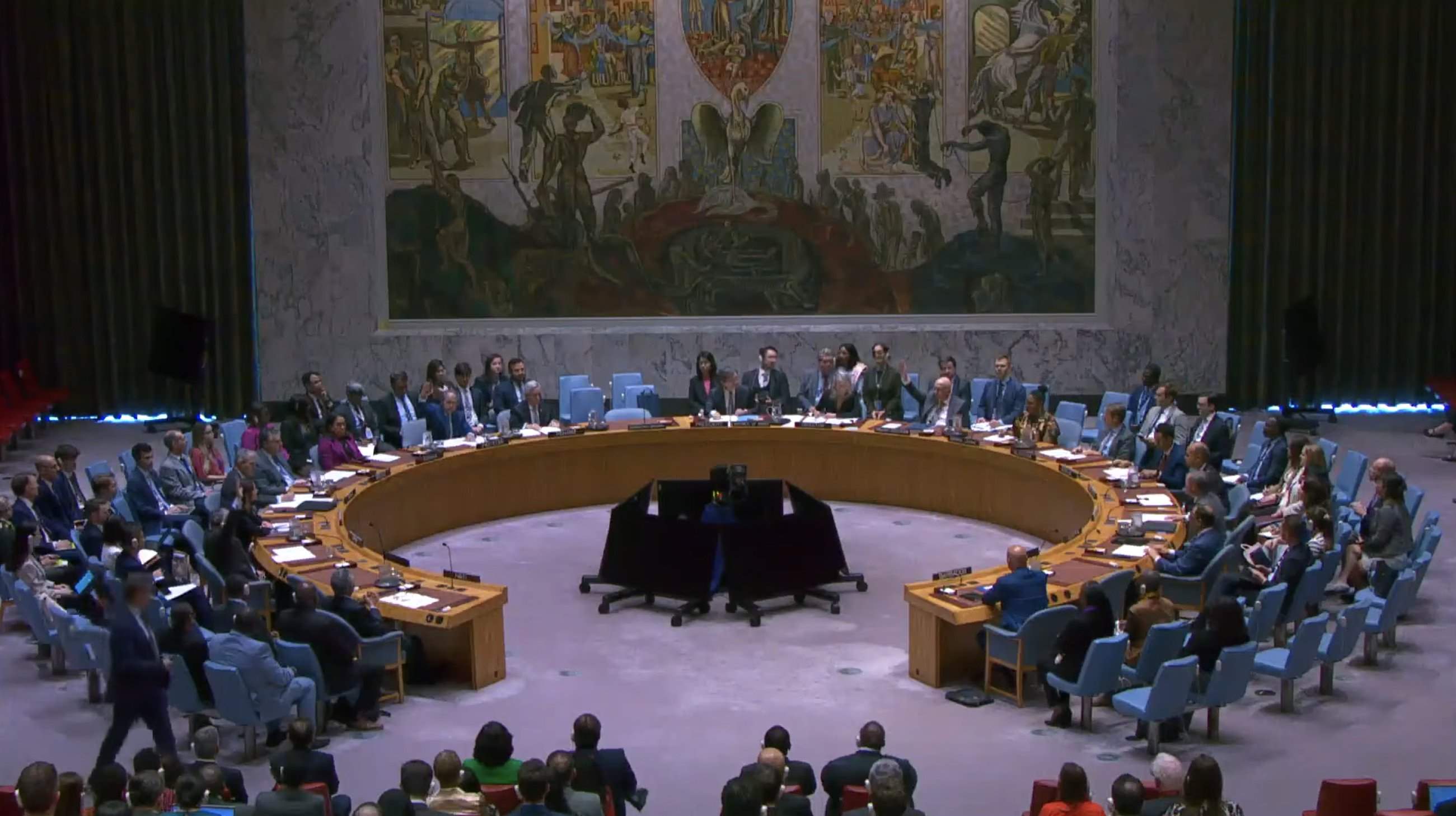The United Nations Security Council (UNSC) has approved the transformation of the Kenyan-led Multinational Security Support (MSS) mission in Haiti into a more heavily armed and expanded Gang Suppression Force (GSF), backed by a newly established UN Support Office and the Organisation of American States (OAS).
The resolution, passed on Tuesday, saw 12 members vote in favour, including Algeria, Denmark, France, Greece, Guyana, Panama, South Korea, Sierra Leone, Slovenia, Somalia, the United Kingdom, and the United States. Russia, China, and Pakistan abstained.
The new mission is set for an initial period of 12 months, although exact deployment timelines have not yet been disclosed. The MSS mission is scheduled to expire on Thursday, October 2.
Speaking at the UN General Assembly last week, President William Ruto of Kenya called for an orderly transition that safeguards the progress achieved by the MSS mission.
"As the UNSC deliberates on the next steps, we must not lose sight of the fact that the situation in Haiti demands sustained, coordinated, and undivided international attention. A careful and orderly transition from MSS is essential to consolidate the hard-won gains so far achieved," Ruto said.
Ruto highlighted the contribution of Kenyan police officers, who have operated in Haiti under severe constraints, including underfunding, inadequate equipment, and personnel levels below 40 per cent of the authorised strength.
"Despite these challenges, the MSS has delivered results many thought were impossible," he said, citing the recapture of the presidential palace from gang control, reopening of schools, cleared roads, reduced kidnappings, and restored access to the airport and seaport.
The MSS mission, a non-UN operation funded by voluntary contributions, was first authorised by the Security Council in October 2023 under Resolution 2699 for 12 months.
Its mandate, operating under Chapter VII of the UN Charter, allowed participating states to "take all necessary measures" to support the Haitian National Police (HNP) in restoring security and preparing conditions for elections.
However, the mission struggled with funding shortages, insufficient equipment, and personnel shortfalls, falling far below the planned deployment of 2,500 officers.
According to UN briefings, while MSS and HNP efforts restored access to some areas, gangs continue to dominate much of Port-au-Prince.
The new Gang Suppression Force, proposed jointly by the United States and Panama following months of deliberation, is expected to address these gaps with greater resources, logistical support from the UN Support Office, and coordinated efforts on the ground.
President Ruto, without directly mentioning the GSF, stressed that with adequate personnel and resources, Haiti’s peace and security could be restored.
"If so much could be achieved with limited resources and stretched personnel within just 15 months, what more could have been achieved if the United Nations fraternity had truly acted together with the people of Haiti?" he said.
Kenya, as the lead nation in the MSS mission, leaves Haiti this week, marking the end of a 12-month deployment that has drawn international attention to both the challenges and successes of peace support operations in volatile environments.
